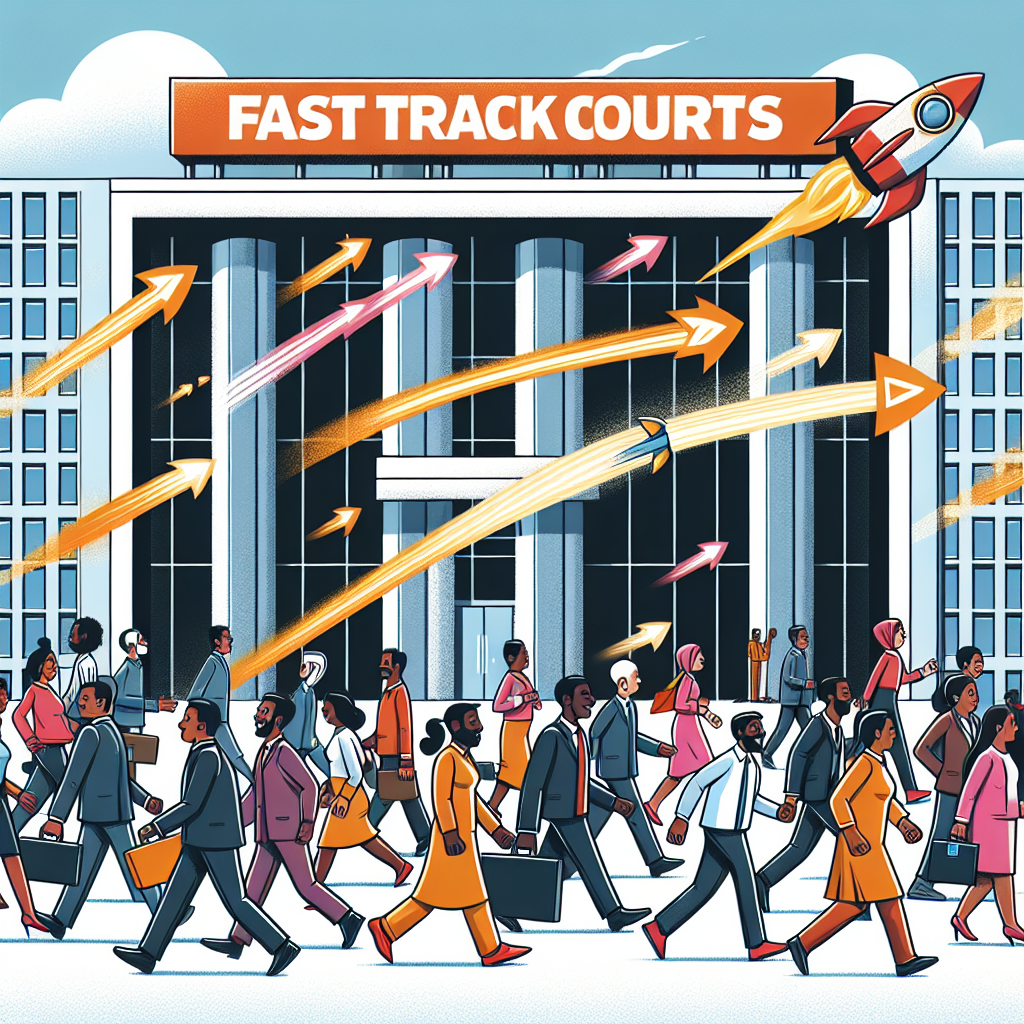Fast-track Approvals Bill Aims to Stimulate Economic Growth with 149 Key Projects
Minister Chris Bishop Touts Infrastructure Projects as Vital for Rebuilding Economy, Boosting Jobs, and Lowering Cost of Living

- Country:
- New Zealand
The Fast-track Approvals Bill, introduced by New Zealand’s government, promises to revitalize the country's struggling economy through 149 key infrastructure projects. Minister for Infrastructure Chris Bishop emphasized the Bill’s potential to stimulate economic growth and provide much-needed public services while lowering the cost of living for all New Zealanders.
Since 2022, New Zealand has faced weak economic growth, prompting concerns about the country’s long-term prosperity. “Our status as a first-world country isn’t guaranteed, and we should never take it for granted,” Minister Bishop said. “If we want Kiwi kids to stop moving overseas, better public services, and a lower cost of living: economic growth is the only answer.”
Bishop criticized New Zealand’s current planning system, which he says has been overly restrictive, impeding the country’s ability to move forward with projects vital for development. “For too long, our planning system’s default position has been ‘no’,” Bishop remarked. "We must start saying yes. It is critical to New Zealand’s future."
The Fast-track Approvals Bill, according to Bishop, will “cut through the obstruction-economy” by streamlining the approval process for projects listed in the Bill. These projects span a range of sectors, including housing, transportation, and renewable energy, and are intended to boost job creation, improve infrastructure, and drive sustainable economic growth.
Economic experts have praised the Bill for its potential to stimulate the economy. Forsyth Barr commented that the Fast-track Bill “has the potential to give a much-needed injection of energy into the downbeat NZ economy.” Katherine Rich, CEO of BusinessNZ, echoed this sentiment, noting that the projects “will stimulate job creation and economic activity at a time when we need it most.”
The National Road Carriers Association's James Smith highlighted the emphasis on road and rail projects, calling them “balanced and achievable,” while Bridget Abernethy from the Electricity Retailers Association welcomed the fast-tracking of renewable projects, stating they will “help provide confidence to build and deliver affordable clean electricity for our low-emissions future.”
Finn McDonald from the Employers and Manufacturers Association pointed out that, given recent challenges with energy prices and capacity, the fast-tracked energy projects carry significant importance. Nick Leggett from Infrastructure NZ agreed, saying, “It really speaks to the need this country has to get its act together and build some infrastructure.”
Even Gary Taylor, Chairman of the Environmental Defence Society, cautiously supported the Bill. While stressing the importance of environmental assessment, Taylor admitted that many of the renewable and housing projects “look good to go.”
Once the Bill is passed, the listed projects will be able to apply for assessment by an expert panel via the Environmental Protection Authority. Cabinet’s selection of the 149 projects, which will be included in Schedule 2 of the Bill, reflects the government’s commitment to prioritizing economic recovery.
“New Zealanders can expect economic growth to be at the heart of what this government does,” said Bishop. “Fast-track is just one part—albeit an important part—of our drive to grow the economy for all Kiwis.”
As the Bill moves through the legislative process, the government hopes it will spark renewed momentum in key sectors, accelerating growth and laying the foundation for a brighter economic future.
- READ MORE ON:
- Economic Growth
- Fast-track Approvals Bill
- Chris Bishop










